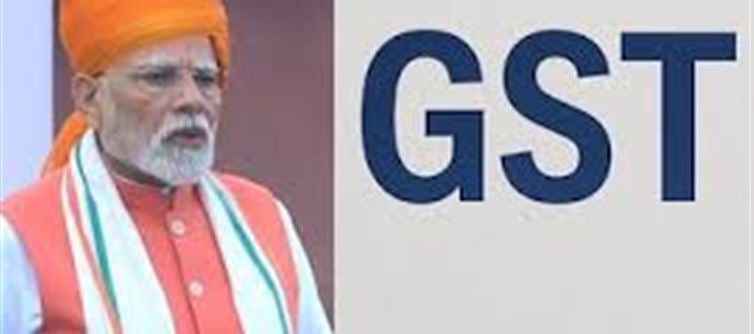
On the occasion of the 79th Independence Day, prime minister Narendra Modi unveiled significant reforms to the Goods and services Tax (GST), marking a pivotal moment in India's economic landscape. These proposed changes aim to enhance the efficiency and effectiveness of the GST framework, ultimately benefiting consumers and businesses alike.
One of the most anticipated aspects of the GST reforms is the potential reduction in prices for various essential goods and services. Among the items expected to see decreased costs are mobile phones, soaps, computers, and several other everyday products. This initiative is part of the government's broader strategy to stimulate economic growth and ease the financial burden on citizens, particularly in light of recent challenges faced by the economy.
The focus on making essential goods more affordable is a response to the growing demand for consumer-friendly policies. By lowering GST rates on these items, the government hopes to encourage spending and boost consumption, which is crucial for economic recovery and growth. This move is particularly significant for lower and middle-income families, who often feel the impact of rising prices the most.
In addition to reducing costs, the proposed reforms aim to simplify the GST compliance process for businesses. Streamlining regulations will help reduce the administrative burden on small and medium enterprises, allowing them to focus more on growth and innovation rather than navigating complex tax laws.
Overall, PM Modi's announcement regarding GST reforms reflects a commitment to fostering an inclusive economy where essential goods become more accessible to all citizens. As the government continues to refine its approach to taxation, the anticipated changes could pave the way for a more vibrant and consumer-friendly market in India..jpg)




 click and follow Indiaherald WhatsApp channel
click and follow Indiaherald WhatsApp channel